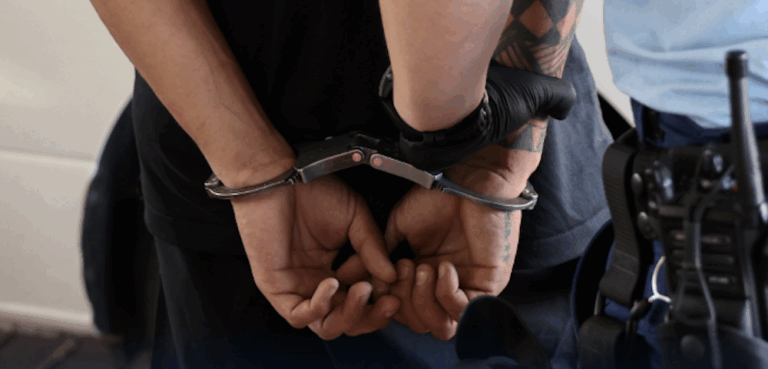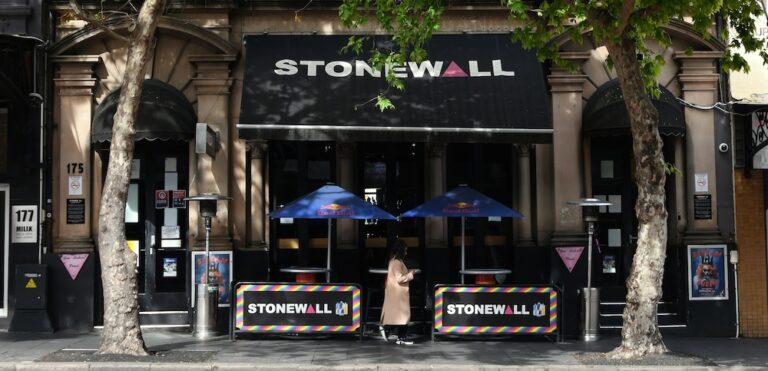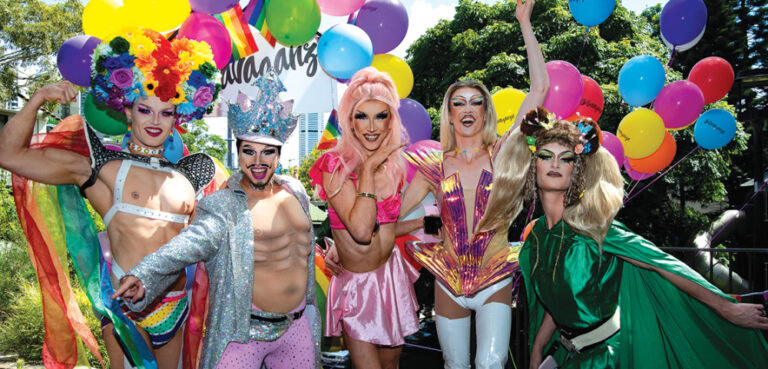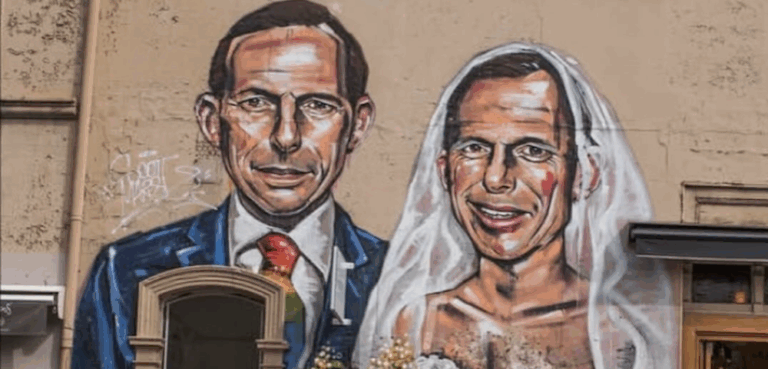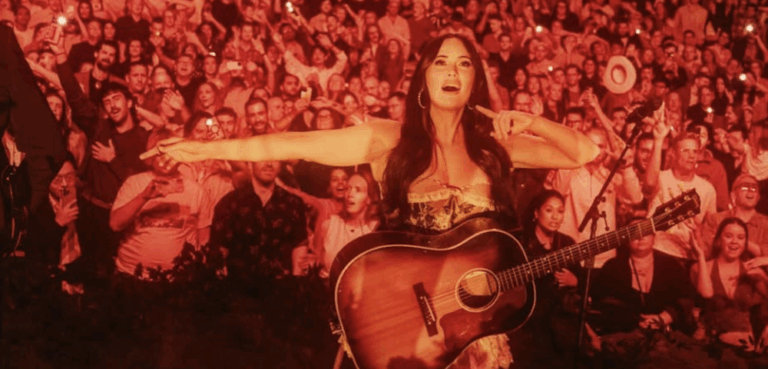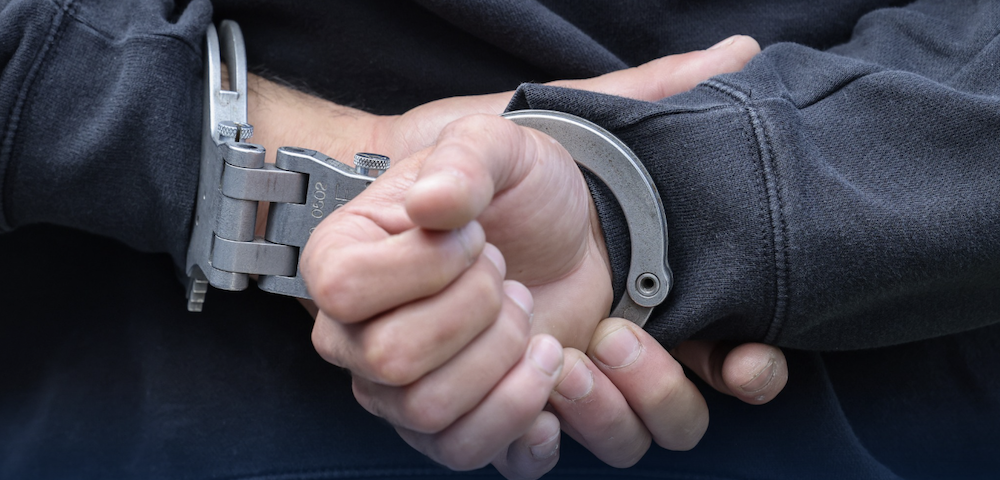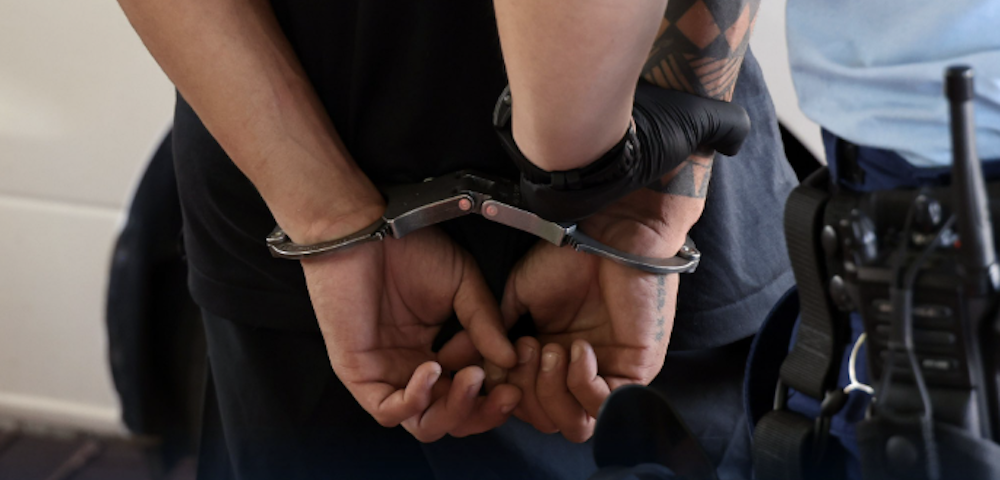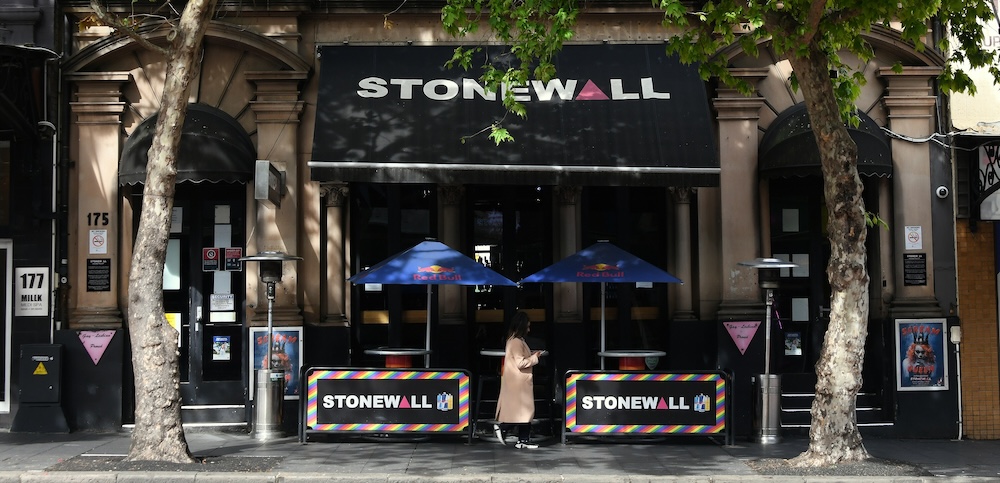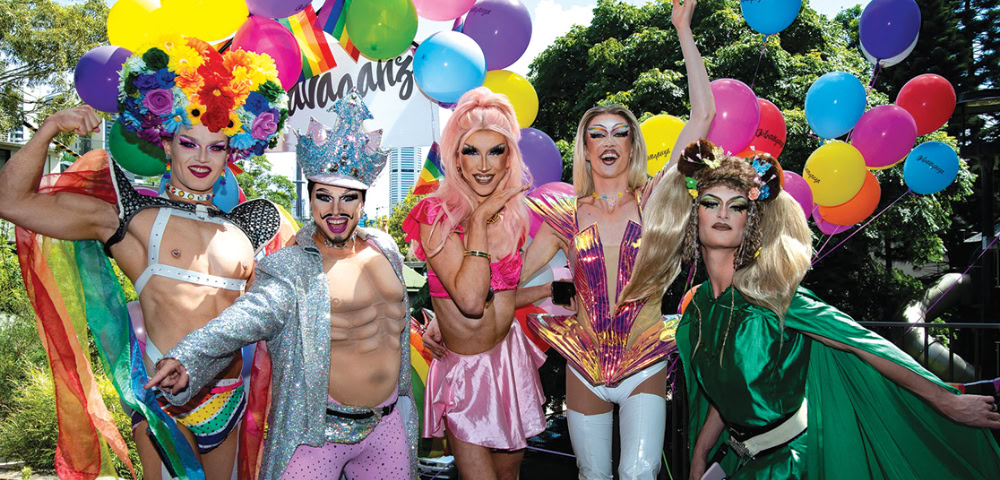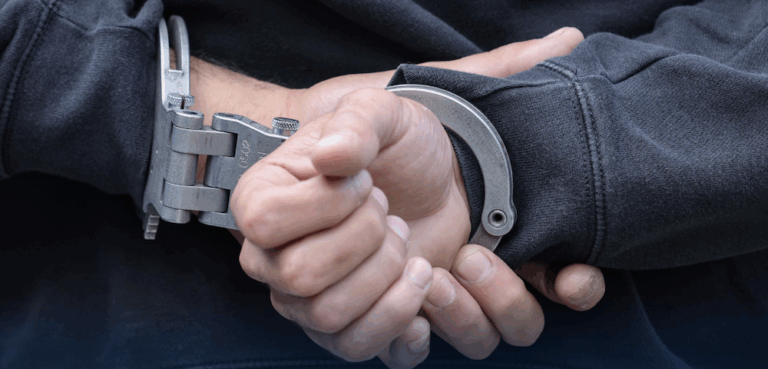


THE number of alcohol-related violent incidents skyrockets over summer, putting the community and our emergency service workers at increased risk.
It’s not unusual to wake up on a weekend morning to hear of another young person fighting for their life in a Sydney hospital following an alcohol-fuelled assault.
On New Year’s Eve an 18-year-old became the latest person to fall victim to a random act of violence on our streets and last weekend, his life support was removed after being in a coma. As someone who has worked as a police officer for many years, as shocking and tragic as the assaults are – they no longer come as a surprise.
Every weekend our paramedics, police, doctors and nurses are faced with the tragic consequences of alcohol-fuelled violence.
Every weekend we’re forced to pick up the pieces, phone parents and even deal with becoming victims of violence and abuse ourselves.
With so many venues crammed into Sydney CBD and surrounds, there are growing problems of alcohol-related violence and anti-social behaviour, particularly in the George St, Darlinghurst Rd, and the LGBTI-friendly Oxford St precincts.
Everyone deserves to feel safe and be treated with respect, especially on a night out.
However, our city streets are now full of aggression and people – including inner city residents, business owners or people coming into the city – no longer feel safe.
The Last Drinks Coalition comprising of doctors, nurses, ambulance officers and police are sick of the carnage from alcohol-fuelled violence. We are all saying the same things.We’re on the front line every night dealing with the onslaught and wiping up the aftermath.
What we need is some leadership in regards to this issue and that involves putting some modest restrictions in place to protect the community, namely the Newcastle model.
This includes a 3am closing time for all venues; lock-outs at venues from 1.30 am; and restrictions on the sale of high-alcohol content drinks (such as shots) after 10pm.
These suite of measures resulted in a 37 per cent decrease in late-night assaults and a 26 per cent decrease in emergency hospital admissions in Newcastle.
If we were talking about the road toll going down 37 per cent it would be implemented straight away.
Emergency service workers do not want to stop people enjoying themselves. We do want to save lives.
The NSW Government knows how great the risks are and recently announced a few measures aimed at curbing the number of assaults on our streets.
Unfortunately, this has resulted in police spending much of their time enforcing, checking, and detecting breaches while dealing with aggressive drunks on the street.
On New Year’s Eve, this focus on compliance came at the expense of police on the street preventing violence across other parts of Sydney. The need for more police to focus on alcohol-related violence in Kings Cross, The Rocks and central Sydney drained resources from suburban commands.
The government’s measures don’t go far enough and tend to focus more on mopping up the mess rather than stopping it at the source
Scott Weber is the President of Police Association of NSW
———–
John Green from the Australian Hotels Association New South Wales opinion piece is here.
Dr Anthony J Chambers’, a trauma surgeon from St Vincent’s Hospital, is here.
